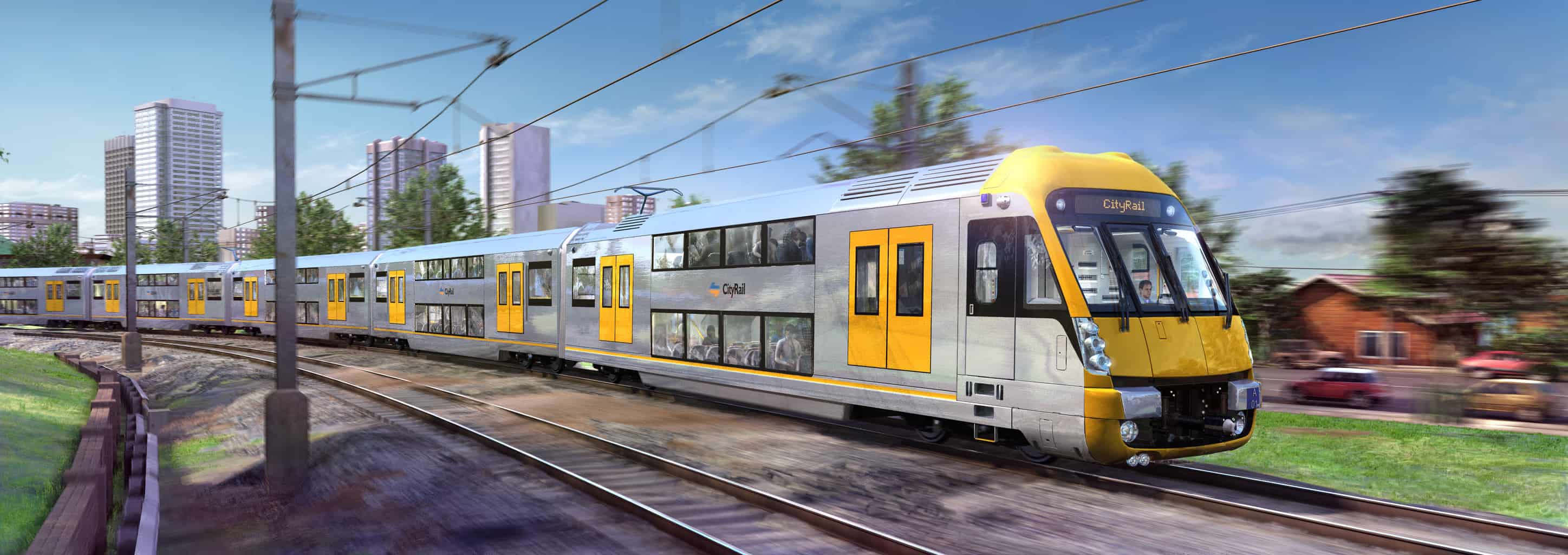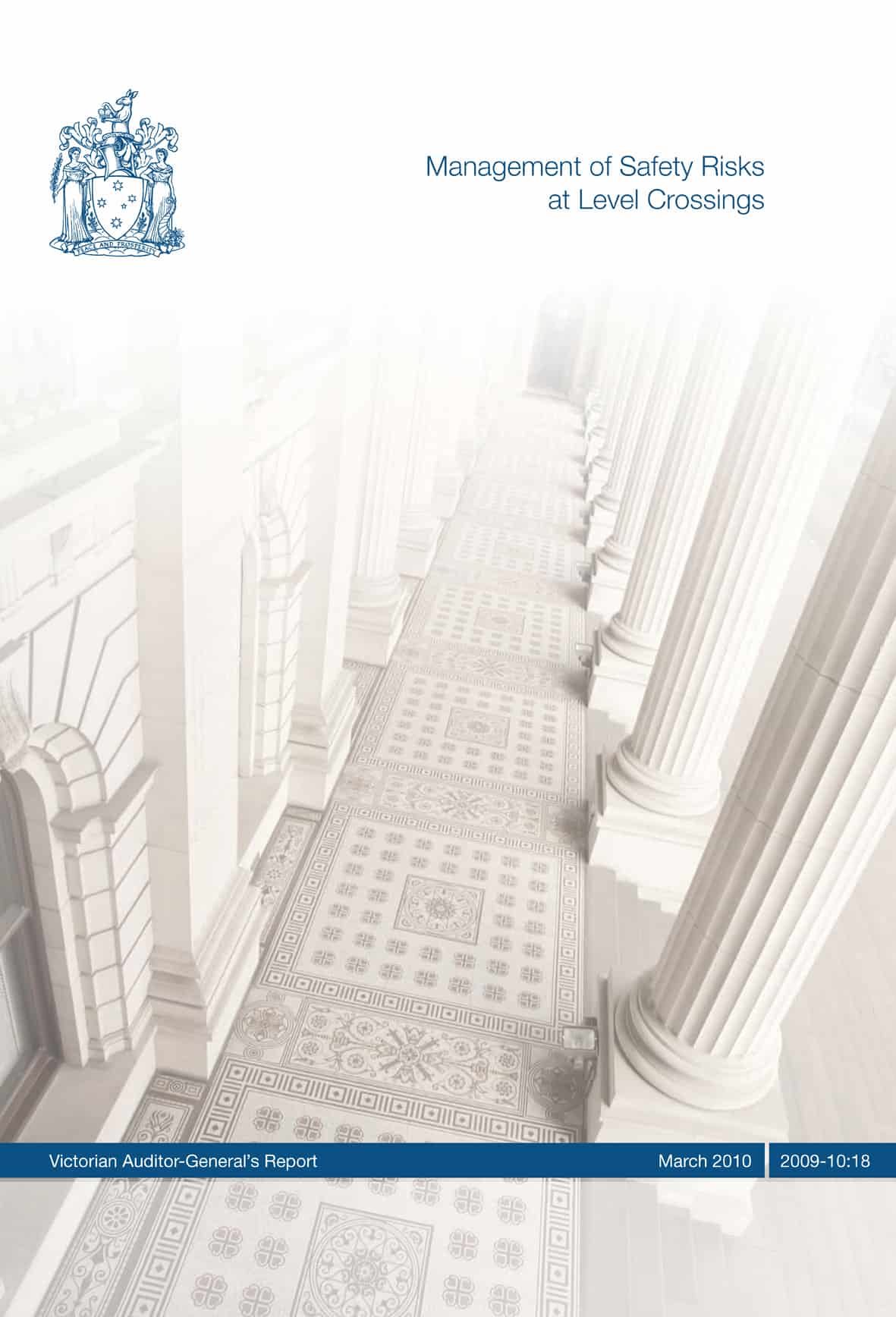In Australia there is a purposely created commonality between the developing OHS law and industrial relations law on certain issues. Consultation is one of those matters and, although a decision by the Federal Court of Australia on 11 June 2010 relates to the Fair Work Act, safety professionals and business owners should take note.
On 22 June 2010, Justice John Logan fined Queensland Rail $A660,000 for not consulting its workforce on the company’s privatization plan which would have affected employees’ jobs. (An ABC podcast of the matter is available online) One media report paraphrased Justice Logan:
“[he]told the court that workers were never given the opportunity to discuss if they would be moved into the new private business, how the privatisation would occur, or if they wanted privatisation in the first place.”
The most pertinent comments from 11 June 2010 judgement by Justice Logan are also quoted in various media reports:
“This change so radical, a breach so comprehensive, the occasion for consultation so obvious that anything less than maximum penalties would not do justice to the case and the need to ensure public confidence in the adherence to industrial relations bargains.”
The Australian quotes Justice Logan as saying
“Benign dictatorship is not to be equated with consultation…” Continue reading “When information supply is NOT consultation”


